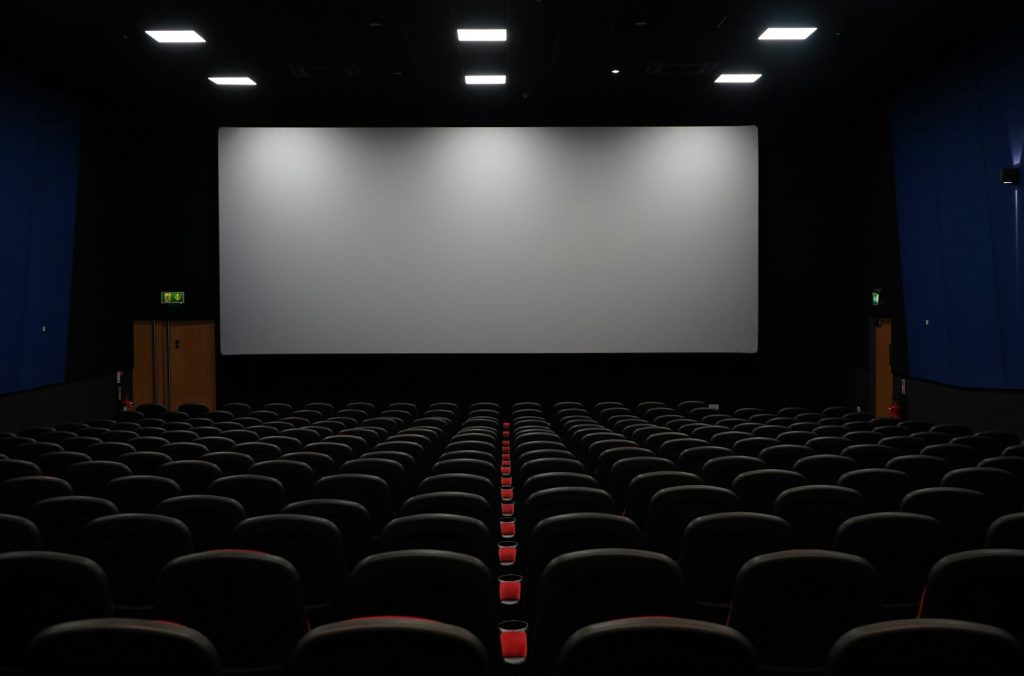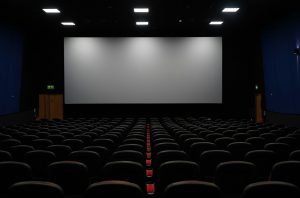Sentimental Value Dominates Box Office Despite Divisive Story
3 min read
The latest Cannes Grand Prix winner, Valeur sentimentale, has established itself as a reliable hit of the autumn season, taking 105,000 admissions in its opening weekend. However, another film from the Croisette, Julia Ducournau’s Alpha, has struggled to get off the ground, while The Bad Guys 2 and F1 continue their strong runs.
A Strong Opening Weekend
The family drama Valeur sentimentale is enjoying excellent momentum, topping the box office for new releases and securing third place in the national rankings. The film drew in 105,000 cinemagoers across 252 cinemas in its first weekend, also claiming the top spot in Paris. This marks the best opening for its director, Joachim Trier, far surpassing the 49,000 admissions for The Worst Person in the World (original title: Julie (en 12 chapitres)) in 2021. For comparison, this opening is ahead of All We Imagine as Light (58,000 admissions) but falls short of The Zone of Interest (199,000 admissions), the two previous winners of the Grand Prix at the Cannes Film Festival. Benefitting from stellar reviews from critics and audiences alike, positive word-of-mouth should allow it to maintain its strong performance until at least the end of September.
Mixed Fortunes for Other Releases
In a completely different genre, Night of the Clowns terrified 99,000 fans in 300 cinemas, achieving the seventh-best opening for a horror film in 2025. Meanwhile, fans of French action were less drawn to Olivier Schneider’s The Orphans, which underperformed despite a wider release across 425 screens. Its opening was also weaker than Rapide (82,000 admissions), another recent production in the same genre that also starred Alban Lenoir.
Julia Ducournau’s new arthouse-gore offering, Alpha, is also struggling to find its audience, having attracted only 43,000 viewers in five days across 360 cinemas (though it did take third place in Paris). This figure is on par with her debut feature Raw (original title: Grave) in 2016, which was shown in just 79 cinemas, and behind her Palme d’Or winner, Titane, which managed 55,000 admissions from 199 cinemas in July 2021 despite its run being significantly hampered by the COVID-19 pandemic.
Among the continuing runs, the animated film The Bad Guys 2 stands out again with almost unchanged attendance figures in its fourth weekend, having now crossed the one million ticket milestone. As for F1, it has just passed the 3 million ticket mark, thanks to its own excellent and sustained performance. Finally, it is worth noting the impressive long-term success of Baltasar Kormákur’s drama Touch, which has accumulated 78,000 admissions in twenty-five days and is now certain to reach the symbolic 100,000 mark.
A Technically Brilliant but Emotionally Hollow Film?
Valeur sentimentale arrives in cinemas so decorated with awards that it runs the risk of disappointing. This is not to say that Trier has lost any of his directorial skill. What may have been lost in passion (which his fabulous film The Worst Person in the World was brimming with) has been gained in mastery, and some scenes are simply brilliant in their execution.
Add to this the sometimes-fabulous precision of its details—a certain look, a pause in the dialogue, a perfect character trait—and you only get a pale idea of what Trier achieves here as a director. His actors, all excellent, his consistently moving choice of music, and the beautiful cinematography do the rest: Valeur sentimentale is a magnificent piece of work, whose form alone is enough to be convincing.
A Disappointing Screenplay
But where the film disappoints is in its screenplay. Trier abandons the fine balance between lightness and drama that he found in his previous film, instead delivering a painful and somewhat over-the-top Bergman-esque essay. We spend our time watching these characters struggle in their sadness without ever grasping why they are sad. The crocodile tears from the actresses, especially in the second half of the film, are more reminiscent of Woody Allen trying to imitate Bergman than Bergman himself.
One watches this film with admiration but without emotion, which, for a Trier film, is a real shame. The second half becomes tedious as it abandons the sliver of humour and distance still present in the first part to devote itself entirely to a grand family drama that fails to resonate because it feels too bourgeois and too psychoanalytical.





